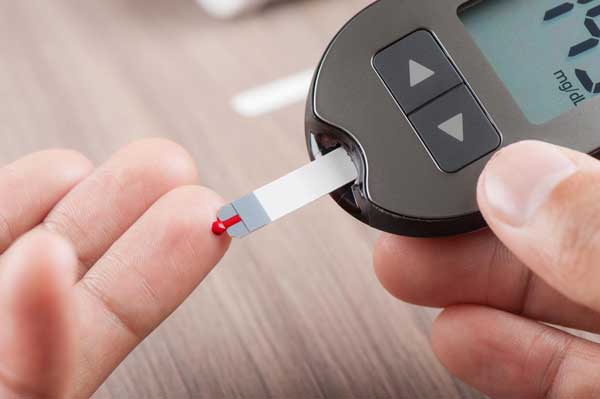Hypertension, commonly known as high blood pressure, is a chronic medical condition affecting millions of people worldwide. If left uncontrolled, it can lead to serious complications such as heart disease, stroke, and kidney damage. While medication is often necessary to manage blood pressure, it is also possible to lower it naturally through lifestyle interventions. In this article, we will discuss evidence-based ways to lower blood pressure naturally, as recommended by a preventive cardiologist.

Weight Loss for Blood Pressure Control
Weight loss is one of the most important lifestyle interventions for managing high blood pressure. According to recent hypertension guidelines, getting to your ideal body weight can lower blood pressure by up to six millimeters of mercury. For every kilogram of weight loss, blood pressure is reduced by one millimeter of mercury. This shows that shedding even a small amount of excess weight can have a significant impact on blood pressure.
DASH Diet for Hypertension
Another evidence-based way to lower blood pressure naturally is through dietary changes. The most well-studied diet for hypertension is the Dietary Approaches to Stop Hypertension (DASH) diet. This diet is low in sodium and rich in fruits, vegetables, whole grains, lean protein, and low-fat dairy products. The DASH diet has been shown to lower blood pressure by up to 11 mmHg in people with hypertension. It is also beneficial for weight loss, improving cholesterol levels, and reducing the risk of heart disease.
Importance of Low-Sodium and High-Potassium Diets
Sodium is a mineral that is found in salt and other food additives. It is known to increase blood pressure in many people. Therefore, it is essential to limit sodium intake to reduce blood pressure naturally. The American Heart Association recommends no more than 2,300 milligrams of sodium per day. However, some people may require even lower amounts to control blood pressure. On the other hand, potassium is a mineral that helps regulate blood pressure by balancing the effects of sodium. Eating foods rich in potassium, such as bananas, sweet potatoes, spinach, and avocado, can help lower blood pressure naturally.

Physical Activity for Hypertension Management
Regular physical activity is essential for maintaining healthy blood pressure. Moderate-intensity aerobic physical activity, such as brisk walking or light jogging, for at least 150 minutes per week is recommended by hypertension guidelines. Physical activity also helps with weight loss, reducing stress, and improving overall cardiovascular health.
The Bottom Line
Hypertension is a serious medical condition that requires appropriate management to prevent complications. While medication is necessary in many cases, lifestyle interventions can also have a significant impact on blood pressure. Weight loss, following a DASH diet, limiting sodium intake, increasing potassium intake, and regular physical activity are all evidence-based ways to lower blood pressure naturally. By incorporating these lifestyle changes into your routine, you can take control of your blood pressure and improve your overall health.
